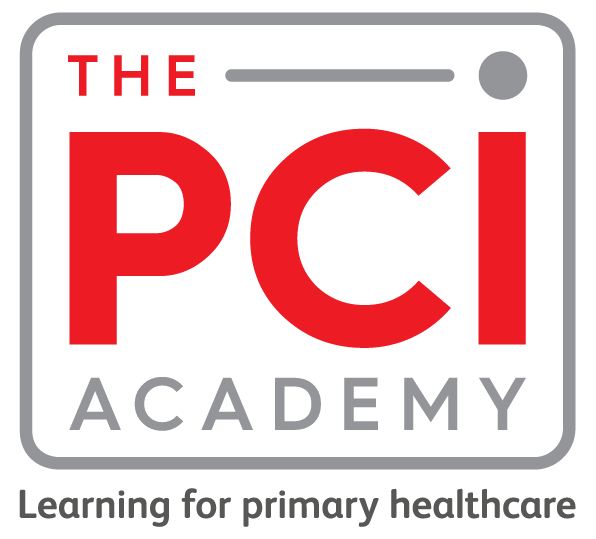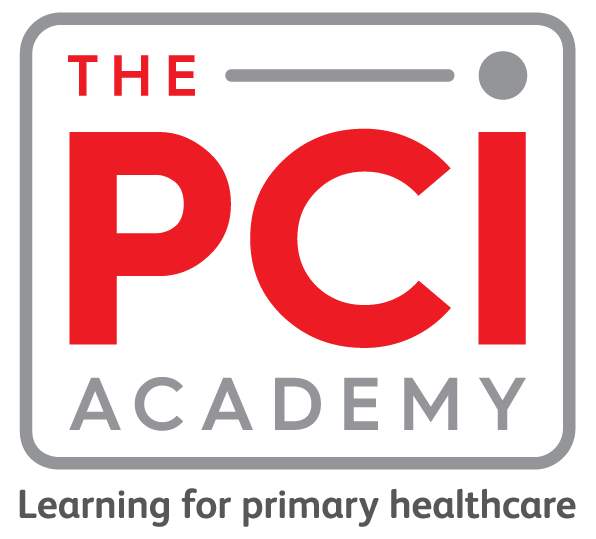Digital learning provides significant advantages in terms of accessibility and flexibility for the health workforce. It eliminates the constraints of time and place, making education available to a wider audience, including those in rural or underserved areas. Through the PCI Academy, health professionals can access a wide range of certified courses and interactive modules on non-communicable diseases, primary care, and leadership, as well as live workshops providing opportunities for real-time interaction and learning. These resources are available 24/7, allowing participants to learn at their own pace and convenience, regardless of their geographic location or work schedule. A key part of this is working with partners to ensure that participants have protected time dedicated to learning. In the ever-evolving field of healthcare, staying abreast of the latest advancements, guidelines, and protocols is crucial. Therefore, this flexible approach ensures that healthcare professionals can engage in continuous professional development and stay updated with the latest advancements in global health.
Digital learning platforms leverage advanced technologies to offer personalised learning experiences. For example, several of the healthcare workers accessing the PCI Academy through partners such as the International Rescue Committee (IRC) work in challenging humanitarian settings. To ensure that the learning experience is tailored to their specific contexts, a needs analysis is often conducted prior to course enrolment. This analysis helps identify the knowledge gaps and challenges faced by healthcare workers, enabling the design of context-specific, practical, interactive, and evidence-based courses. By identifying knowledge gaps, courses are designed to enable participants to access relevant knowledge and skills applicable to their work setting. In the same vein, we have also produced various courses for partners to be hosted on their platforms. Furthermore, the PCI Academy, provides the added benefit of translating courses to any language requires. Currently, some of our courses are translated into other languages including French and Arabic. This allows our content to reflect the diversity of the people we serve as well as eliminate language barriers. Personalised learning enhances the effectiveness of education and promotes engagement and motivation among health professionals. By offering courses in multiple languages, the PCI Academy ensures that healthcare professionals from different regions and backgrounds can access the educational content in their preferred language, facilitating better comprehension and knowledge retention.
Digital learning seamlessly supports lifelong learning, a cornerstone of professional growth. Health professionals can pursue education and training throughout their careers, adapt to evolving practices, and stay ahead in their fields. However, learning goes beyond what is taught. The PCI Academy facilitates a community of practice to allow for networking, collaboration and engagement with peers from diverse backgrounds that foster knowledge sharing. This
multidirectional learning approach enables participants and facilitators to learn together and from each other, and transcends geographical boundaries, allowing professionals to interact and exchange ideas with counterparts worldwide.
Digital learning incorporates practical scenarios through videos and case studies, that provide a comprehensive understanding of the complexities and challenges faced in real-world healthcare settings. In addition to the interactive modules and live workshops offered through the PCI Academy, various multimedia resources bring learning to life and enhance knowledge transfer. One of the key methods utilised is the incorporation of clinical and communication skills
videos into the e-learning packages. These videos serve as powerful visual aids, providing step-by-step guidance and allowing learners to witness first-hand the proper techniques and procedures in action. In addition, these videos depict scenarios such as breaking bad news or discussing sensitive subjects, providing learners with examples of effective communication techniques and strategies. By visually demonstrating these skills, PCI enhances the learning experience and helps learners build confidence in their abilities to carry out clinical procedures accurately and effectively. Additionally, case studies present real-life scenarios, taking learners through patient journeys and providing practical insights into assessment, diagnosis, treatment, and follow-up care.
In conclusion, digital learning is transforming continuous professional development and lifelong learning in the health workforce, with PCI as one of the organisations leading this transformation. While face-to-face learning still holds value, digital learning has opened up new horizons for the health workforce, offering widespread access to learning without the environmental impact of extensive travel. However, there are gaps that must be addressed to reach the full potential of digital learning. One significant area that requires attention is improving access to technology and ensuring reliable internet connectivity, particularly in regions where these resources are still limited. Bridging the digital divide and promoting inclusive technology usage are essential steps towards overcoming the limitations that hinder full participation in online learning opportunities. By harnessing the power of digital learning, we can build a highly skilled and competent health workforce equipped to deliver quality care and drive positive outcomes for patients.
Oreoluwa Obanor – Communications and Marketing Manager, Primary Care International
Jack Barton – Digital Project Manager, Primary Care International
Sign up now on
www.pci-academy.org/home for FREE certified courses on Management of COVID-19 in Low Resource Settings and Introduction to Non-Communicable Diseases.


